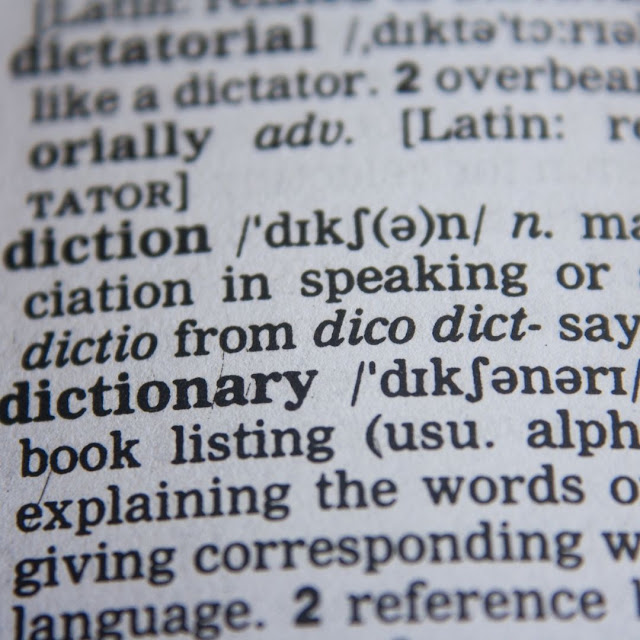Navigating the Challenge: Vocabulary for Dyslexics
Reading is a unique journey filled with twists and turns. While difficulties in decoding words and spelling are commonly associated with dyslexia, challenges related to vocabulary can be equally significant. In this blog post, we will explore the struggles dyslexic individuals may face in understanding and using vocabulary.

The Language Conundrum:
Dyslexia is a specific learning disability that affects reading, spelling, and language processing. Understanding and using vocabulary are essential components of reading and communication, making them central to the dyslexic experience.
Challenges with Vocabulary:
Word Retrieval Difficulties: Dyslexic individuals may struggle to recall and use words, which can hinder their verbal and written expression. This can lead to pauses in speech or difficulty finding the right word when writing.
Limited Vocabulary: Dyslexics may have a more limited vocabulary compared to their peers. This can impact their comprehension of complex texts, as they might not be familiar with certain words and their meanings.
Phonetic Spelling: The phonetic spelling challenges often associated with dyslexia can extend to difficulties in learning and remembering the correct spelling of words.
Structured Vocabulary Building:
Implement structured vocabulary-building activities. Focus on learning and practicing a select number of new words regularly. Flashcards, word games, and quizzes can help.
Audio and Visual Aids:
Use audiobooks or videos to provide an auditory and visual context for new words and complex texts. This can help in understanding and retaining vocabulary.
Graphic Organisers:
Implement graphic organisers like mind maps or charts to visually represent relationships between words and concepts in a text. This aids comprehension.
Adapted Materials:
Use adapted materials, such as dyslexia-friendly fonts and layouts, to make reading more accessible and less visually overwhelming.
Contextual Reading:
Encourage frequent reading to improve comprehension. Discuss the content with the reader to check their understanding and help fill in any gaps.
The challenges with vocabulary experienced by individuals with dyslexia are real, but they are not insurmountable. With the right strategies and support, dyslexic readers can develop stronger vocabulary skills and improve their reading comprehension. It's essential to approach their learning journey with patience, understanding, and a willingness to adapt teaching methods to their unique needs. Dyslexia does not define a person's potential, and with the right resources and guidance, they can become confident and capable readers.



Comments
Post a Comment